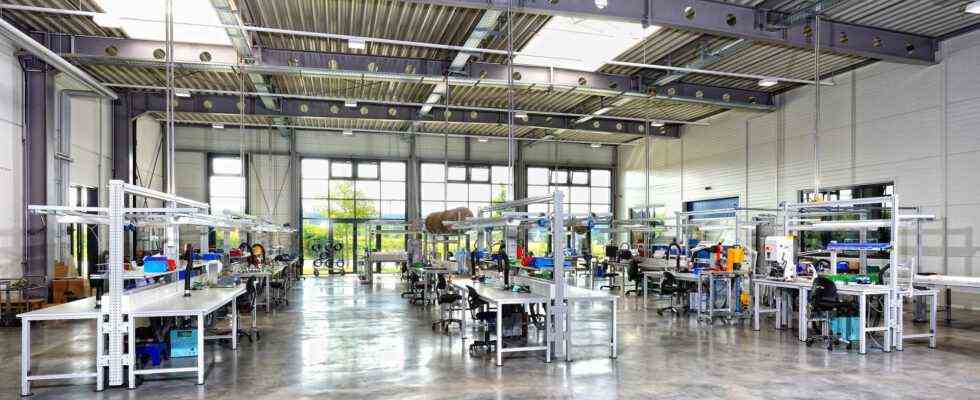Status: 03.12.2021 10:22 a.m.
For the first time since February, more people are on short-time work. Increasing new corona infections and delivery bottlenecks are causing problems for the economy. This is now also being felt on the labor market.
The number of short-time workers in Germany has risen again for the first time since February. In comparison to the previous month, 1.8 percent more employees were on short-time work in November. This is what the Ifo Institute estimates based on its surveys and the figures from the Federal Employment Agency.
There is a lack of intermediate products in the industry
The number of short-time workers in industry and the hospitality sector rose particularly sharply. In industry, the number grew by about 4.3 percent. “The bottleneck recession caused by a lack of preliminary products is noticeable here,” says Ifo expert Stefan Sauer.
The industry’s order books are more full than ever. However, production cannot keep up with this because important preliminary products are missing. This trend was already apparent in August: while short-time work fell in all other sectors, it rose in industry, for example among car manufacturers.
Corona restrictions put a strain on the hospitality industry
In the hospitality industry, there was also a significant increase in short-time work of 4.4 percent. The new Corona regulations, such as the “2G +” rule for hotels and bars in some regions, ensure that many people prefer to stay at home. The high number of new infections also puts a strain on the business, as customers stay away for fear of infection.
The ifo experts expect that the tightened measures taken by the federal and state governments in the fight against the Corona crisis will make a recession more likely. That could also have an impact on the labor market. “The extension of the 2G rule to the retail trade will in fact ban around 15 percent of adults from the shops,” said Commerzbank chief economist Jörg Krämer of the news agency Reuters. He expects the German economy to shrink significantly during the winter months.

